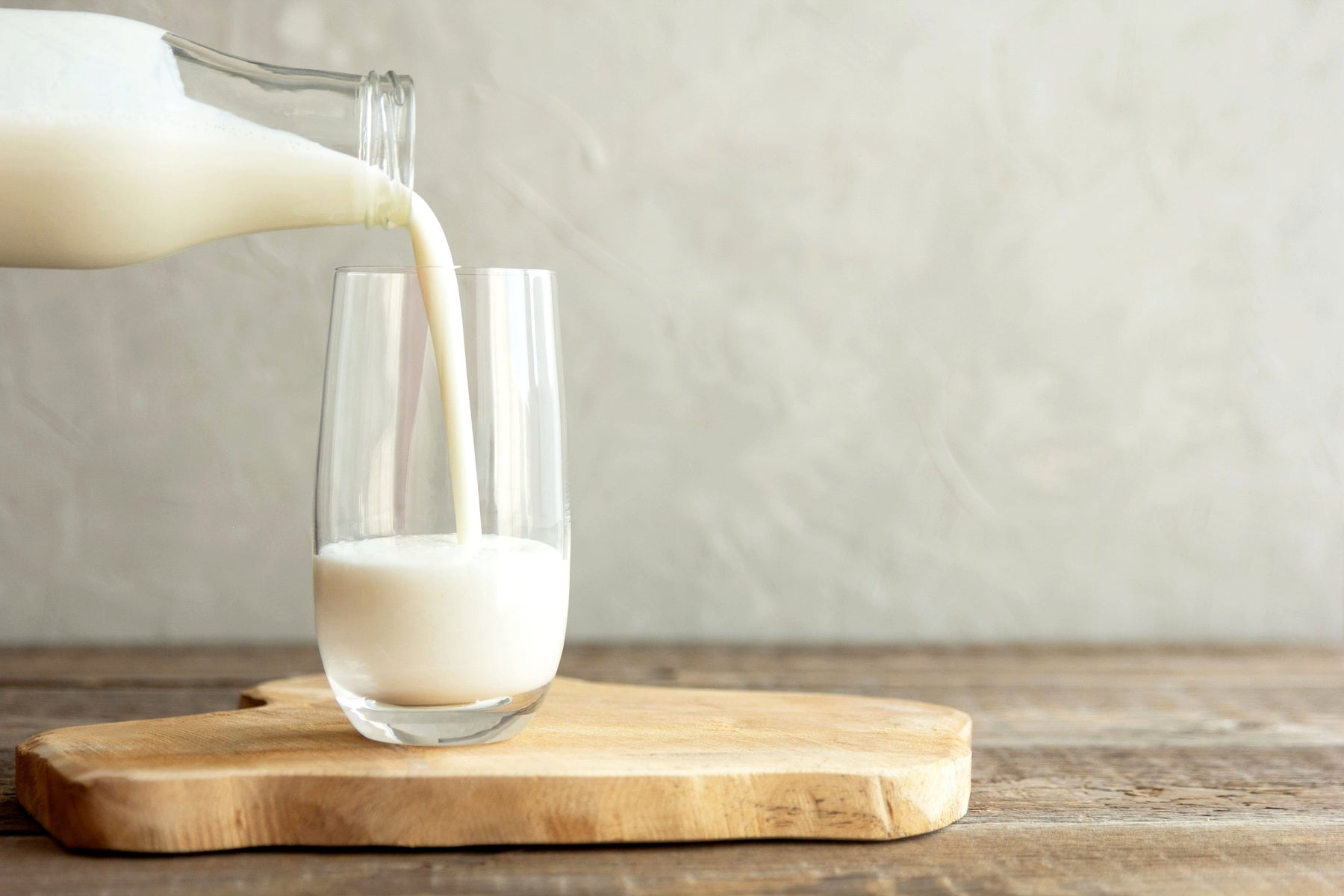
The Best Fermented Foods For Gut Health
Fermented foods have been around for many years and for good reasons. They come with a wealth of health benefits that just can’t be ignored. If you are looking for ways to promote a healthy gut and just feel better all-round, then introducing more fermented foods is an easy option.
Fermented foods not only have a prolonged shelf life but also offer added nutritional value and vital probiotics. These powerful foods are great for improving digestion, boosting immunity and maintaining a healthy weight. The problem is that many of us don’t know which fermented foods are best and how to incorporate them into our daily lives. That is why we are here to help; here are some of the best-fermented foods for gut health.
Kefir
Kefir is a fermented milk drink which is often hailed as one of the best fermented foods for gut health. Packed full of probiotics and calcium, Kefir contains multiple different strains of bacteria and yeast. It is also rich in vitamins and minerals, particularly B vitamins and vitamin K. The probiotics in Kefir help to break down the lactose making it easier to digest, which can be better for those that struggle to digest lactose. Kefir can be easily added to smoothies or is delicious to drink on its own as it tastes similar to yoghurt.
Kimchi
A fermented cabbage dish originated from Korea; Kimchi promotes good gut health while also packing a spicy punch. It is made from fermented cabbage and other vegetables and contains vital minerals including iron, calcium and selenium. Kimchi also contains vitamins B12, B2, A and C. This dish can often be found in supermarkets in the refrigerated section and can also be made at home. It is ideal for topping burgers or tacos and will add scrumptious spice to any meal.
Yoghurt
Yoghurt is probably the most commonly known food for promoting good gut health, and for good reason. It is made by fermenting milk and is packed full of healthy probiotic cultures. Any yoghurt that is labelled as ‘Live & Active Cultures’ is guaranteed to have 100 million probiotic cultures per gram.
Like with Kefir, these probiotics help to digest the lactose, making them easier to digest than many other lactose-based products. There are also many dairy-free yoghurt options available today which still contain probiotics. The live bacteria remain in yoghurts, which are a good contribution to your gut. Yoghurt is a popular choice to eat on its own as a snack but can also be cooked into a huge range of dishes.
Miso
Miso is a fermented paste that is made from rice, barley or soybeans. Miso offers a bold umami flavour, and the strength means that a little can go on a long way. This paste is a traditional Japanese ingredient and contains millions of healthy bacteria while also being rich in vitamins and minerals including vitamin B, vitamin E, vitamin K and folic acid. Miso is often used in soups but can also be used to make delicious salad dressings.
Sauerkraut
Sauerkraut is made from just salt and cabbage, which doesn’t always sound like a tasty combination, but this fermented dish is a firm favourite. It provides a healthy dose of fibre and probiotics, while also containing vitamin A, vitamin C, vitamin K and various different B vitamins.
Sauerkraut can be made easily at home or is readily available in many supermarkets. You can choose to top off a hot dog or burger or eat it as a side dish for any main course.
Kombucha
Packed full of healthy bacteria and yeast, Kombucha is a tangy tea that is usually black or green in colour. It is often flavoured using fruits or herbs and is a tasty way to increase your probiotics. Sometimes Kombucha comes as a fizzy tea, and it often has a sour taste which isn’t suited to everyone. The fermentation process turns sugar into alcohol and carbon dioxide, and usually, Kombucha is less than 0.5 percent alcohol by volume.
Kombucha is regularly sold at farmers markets and in grocery stores, however, be aware that some store bought Kombucha is often heavy on the sugar. It can be made at home, which gives you the chance to try out the recipe and add your favourite flavours to find the best option for you.
With all these different types of fermented foods that are good for your gut, it is easy to incorporate healthy bacteria into many different meals. Prepare a gut-friendly breakfast with probiotic yoghurts or a kefir smoothie, or enhance your dinner with a miso salad dressing or sauerkraut topper.
